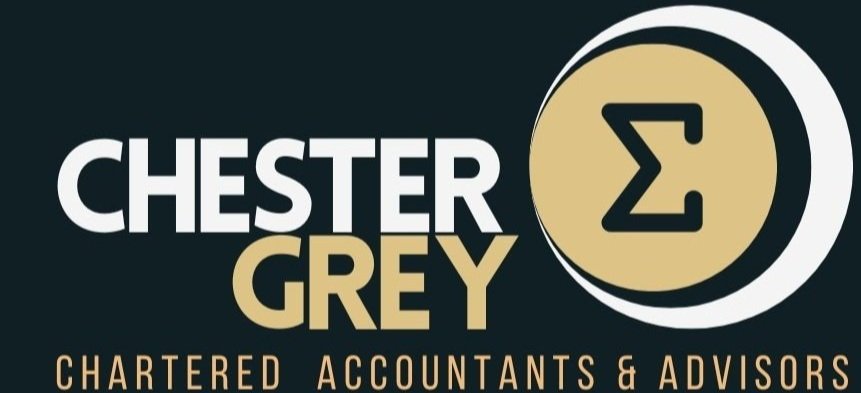Financial Year-End Checklist
If your business has a March balance date, the financial year is coming to a close. Now is the perfect time to prepare your accounts for your accountant, ensuring a smooth process for compiling financial statements.
Here are key steps to take:
Bank Reconciliation
Ensure all bank transactions are reconciled in Xero (or your preferred accounting system). Additionally, have a copy of your bank statements showing the closing balances as of year-end.
Trading Stock
Conduct a stock take and ensure that trading stock is valued at the lower of cost or market selling value. Any obsolete stock should be disposed of or valued using the appropriate prescribed method.
Bad Debts
Review your debtors’ ledger to confirm all debts are recoverable. Any trade debts considered bad should be written off in your debtor ledger before balance date to be eligible for a deduction.
Purchase Invoices
Upload all purchase invoices and expense receipts to Xero throughout the year. This simplifies document storage and aids your Chester Grey advisor in preparing your annual accounts. Invoices for significant expenses, such as large repairs, legal costs, and insurance payments, may be required.
Loan Statements and Finance Agreements
Ensure all documentation is available for business loans and hire purchase agreements.
Interest Payments
If your business has paid over $5,000 in interest to a non-bank entity, you may need to withhold resident withholding tax and remit it to the IRD.
Employee Wages and Leave
Employers can claim deductions for wages owing at year-end (such as holiday pay and bonuses) if paid within 63 days after the balance date. For a 31 March balance date, payment must be made by 2 June.
Home Office Expenses
If you use part of your home for business, you may claim a home office deduction. This is usually based on the proportion of the office’s floor area relative to the total house area. Include expenses such as rent, rates, insurance, utilities and repairs in your calculations.
Shareholder Loans and Current Accounts
If your company has loan accounts with debit balances, there may be tax implications. Options to address this include allocating a shareholder salary (as part of financial statement preparation) or declaring dividends, which must be processed before year-end.
Fixed Assets No Longer in Use
Fixed assets can be written off for tax purposes if they:
Are no longer in use by the business,
Are not intended to be used in the future, and
Have disposal costs exceeding their disposal value.
Review your asset schedule to identify any assets eligible for write-off.
If you have any uncertainties, such as whether an expense is deductible, reach out to your Chester Grey advisor. We’re happy to assist with any questions you may have.
Tax Changes for 2025
There are a number of tax changes affecting tax returns for the year ended March 2025. Some of the important changes are as follows:
Trust Tax Rate Increase
The Trust tax rate has increased to 39% (from 33%).
Trusts with taxable income of less than $10,000 will continue to be taxed at 33%
Residential Interest Deductions
Interest deductibility for loans related to residential investment properties will increase from 50% of interest paid to 80%. From 1 April 2025 onwards, 100% deductibility will be restored.
Current exemptions for “new builds” and certain development land continue (100% deductible).
Commercial Building Depreciation
Depreciation of commercial and industrial buildings is no longer tax deductible from 1 April 2024.

